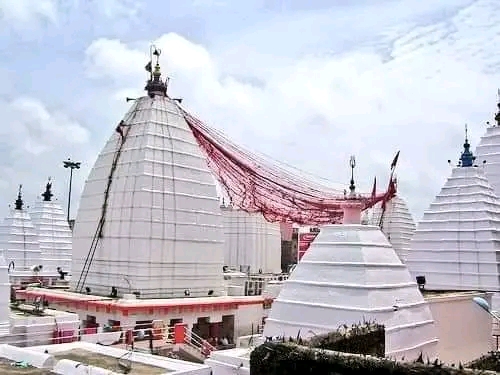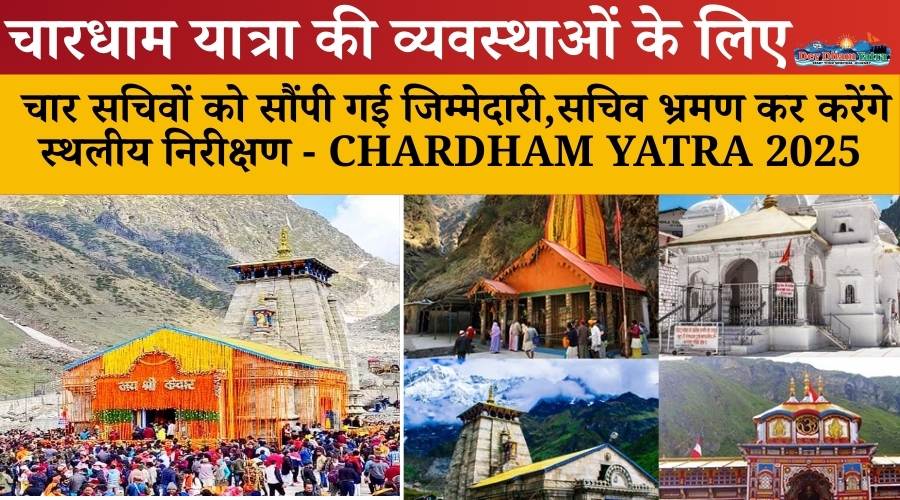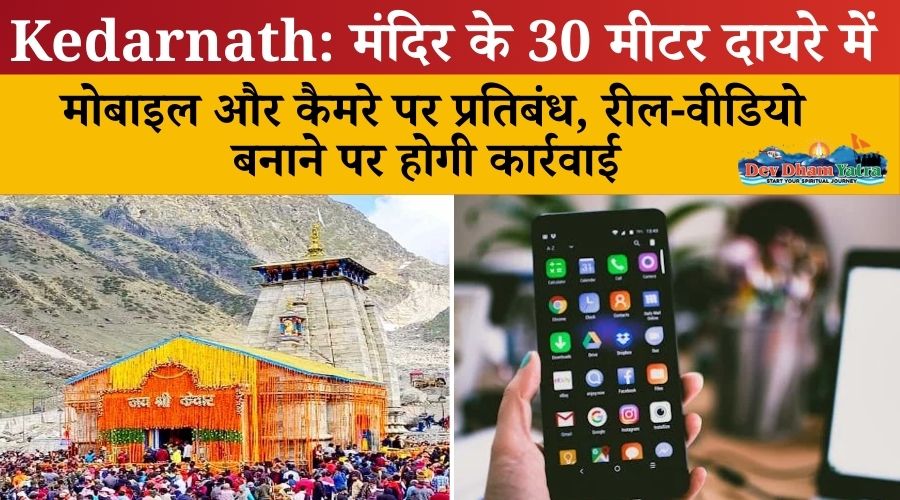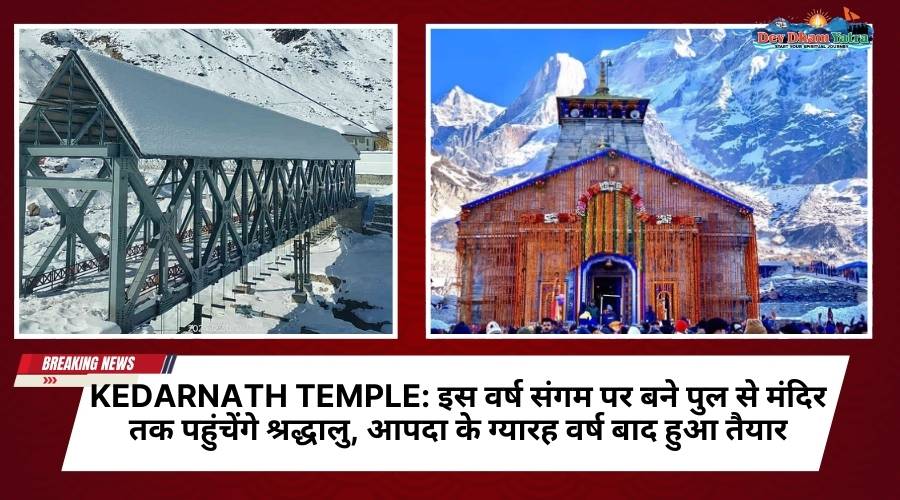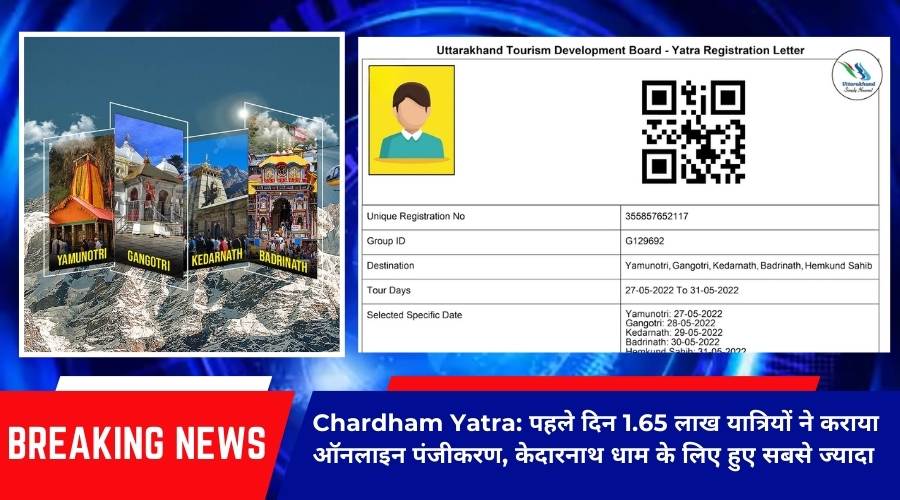About
The Baidyanath Jyothirlinga Temple, also known as Baba Baydyanath Dham and baidyanath Dham, is one of the twelve Jyothirlingas, the most sacred abodes of Shiva. It is located in Deogarh, Santal Parganas District, Jharkhand, India. It is a temple complex consisting of the main temple of Baba Baidyanath, where Jyotirlinga is enshrined, and his 21 temples[1].
According to Hindu beliefs, the demon king Ravana worshiped Shiva at the site of the present temple and received blessings that he later used to confuse the world. Ravana offered 10 heads one by one to Shiva, and Shiva, satisfied with this, came down to heal the wounded Ravana. He practiced medicine, so he is called Vaidhya (“Doctor”). The name of the temple is derived from this aspect of Shiva.
The Kanwar Yatra (Devanagari: कांवड़ यात्रा) is an annual pilgrimage of Shiva devotees known as Kanvarias (कांवड़िया) to the Hindu waterholes of Gangal on the sacred river Gangal in Sultan Ganj. . Millions of participants collect holy water from the Ganges and carry it hundreds of kilometers to the baidyanath Temple in Jharkhand.
Founding and history
According to legend, Dashananravana performed penance in the Himalayas to please Lord Shiva, cutting off his neck one by one and offering it to the Siblings. After offering nine heads when Ravana was about to cut off the tenth head, Borenath gladly appeared before him and asked him to ask for a boon. Apart from the golden Lanka, Ravana had power over all three worlds and he was able to imprison many gods, Yaksha and Gandharva to keep them in Lanka. Because of this, Ravana expressed his desire for Lord Shiva to leave Kailash and stay in Lanka, and Mahadev granted his wish, but he also attached one condition. Ravana accepted the terms here as all the gods were worried after hearing that Lord Shiva had left Kailash to settle this matter and settle Lord Vishnu. Sri Hari then composed Leela. Lord Vishnu asked Varun Dev to enter Ravana’s stomach through Achaman. Therefore when So when Ravana came to Sri Lanka with the Siblings, he felt a little doubt near Deogarh. In such a situation, Ravana went to cast a small suspicion by giving a Sibling to a duck named Baiju.Lord Vishnu is said to have existed in the form of Baiju duck. Fed up with the ever-increasing load of Siblings, Baiju Duck placed Siblings on Earth. When Ravana returned, he was unable to lift the Sibling despite countless efforts. Then he, too, understood this god Leela, became angry, and gave the Sibling a thumbs-up and left. Hiding there, Meiju observes all this and feels that this is a way of devotion to Babaji, and has become Meiju’s routine ever since. One day, Baiju was very hungry when he came home, and as soon as he put the food in his mouth, Baiju remembered that today Baiju did not worship Bole Baba and left the food. Mahadev would have appeared, Mahadev said: Baiju, I am very pleased with your devotion.When Baiju saw Mahadev, Baiju fell at his feet and told Mahadev that I met Ravana I said there is something Mahadev hugged Baiju and told Baiju that you worship me with all your heart. From today the world will know you as my supreme devotee, your name will come before mine and this place will be famous as Baba Baijinath Dam (further improved baidyanath Dam). will be After that, other deities such as Brahma, Vishnu and others came to worship this Sibling. As soon as Shiva appeared, all the gods set up their siblings in the same place, praised Shiva and went back to heaven. Since then, Mahadev lives in Deoghar in the form of ‘Kamnaringa’. Here Brahma, Vishnu and other gods came to worship this Sibling. According to folk beliefs and beliefs, this baidyanath Jyotirlinga brings desired results.
The Ma Parvati Temple is connected to the main temple by a unique and time-honored giant red sacred thread that represents the oneness of Shiva and Shakti. According to the stories told in the Shiva Purana, the sacred baidyanath temple resembles the union of souls and is therefore suitable for Hindu marriage.
The nearest train station is Jasidi Railway Station, which is 7 km from baidyanath Temple. Jassid is located 311 km from Howrah/Shielda on the Patna route. Usually, baidyanath His Jyotirlingam prayers start at 4:00 am. At this time, the doors of the temple will open. At 4:00 am Vaidhyanath his jyotirlingam ‘stalemate’ begins and precisely he spends 15 minutes where ‘pandas’ (priest’s family) offer kacha his jal to Lord Shiva. Locals also call it Sarkali Puja. Devotees then start worshiping Shivalinga. The most interesting tradition is that the temple monks first pour the kutcha jal over the lingam, after which the pilgrims pour water and offer the lingam flowers and bilba leaves. Puja ceremonies continue until 3:30 pm. After that, the doors of the temple are closed. At 6pm, the doors are reopened for believers/pilgrims and the worship process begins again. Shringal Puja is performed at this time. The temple usually closes at 21:00, but the opening hours are extended during the holy month of Shravan. Unlike Somnath, Rameshwaram and Srisailam, here devotees can get satisfaction by offering Abhishek at Jyotirlinga. Devotees can also purchase pedas as prasad from Babadam, a local sweet and specialty of Deoghar. Baba Dam has a regular and well-maintained office for receiving offerings and donations.
Matsyapuran narrates the place as Arogya Baidyanathitee, a sacred place where Shakti resides, and helps Shiva to rid people of incurable diseases. This entire region of Deoghar was under the rule of the kings of Gidhaur, who were very attached to this temple.Raja Bir Vikram Singh founded this royal state in 1266. In 1757, after the Battle of Plassey, officers of the East India Company turned their attention to this temple. An Englishman, Keating, was sent to oversee the administration of the temple. Mr. Keating, the first British collector of Barbum, was interested in the administration of the temple. In 1788 his assistant, Mr. Hesilrigg, possibly the first Englishman to visit the Holy Land, set off on the orders of Mr. Keating to personally supervise the collection of offerings and offerings from the pilgrims. . Later, when Mr. Keating himself visited Babadam, he was persuaded into abandoning the policy of direct intervention. He entrusted full control of the temple to the high priest.

